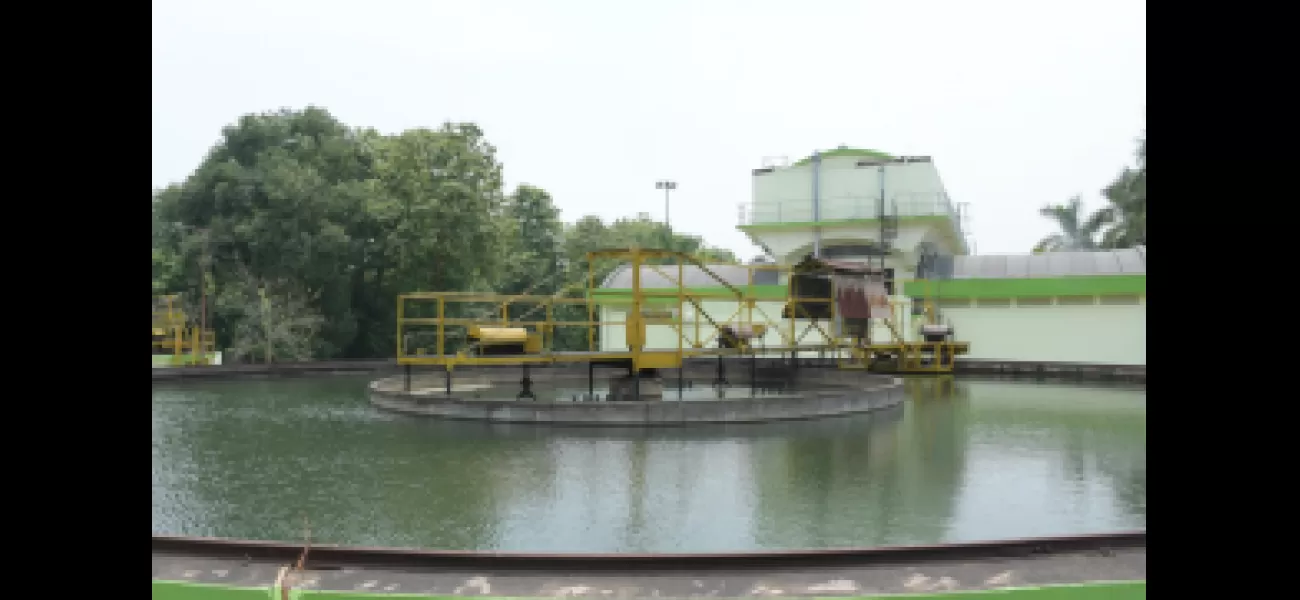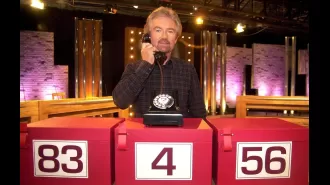Rourkela successfully tackled summer water shortage.
Rourkela avoided a water crisis this summer thanks to advanced planning and measures implemented by the Town Engineering department of RSP.
June 16th 2024.

Rourkela, a bustling city in India, was facing the daunting prospect of a severe water crisis due to the prolonged and scorching summer this year. However, thanks to the timely and meticulous planning and execution by the water supply unit of the Town Engineering department at Rourkerla Steel Plant, the Steel City was able to avert this impending disaster.
Having learned from the harrowing experience of 2016, when the City was left reeling from an unprecedented water crisis, the water supply unit took proactive measures to ensure the availability of water for the captive township. One of the key initiatives was the construction of embankments on the Koel river, which serves as the main source of water for the steel plant. This project was initiated in March of this year and proved to be crucial in maintaining a steady supply of water throughout the scorching summer.
According to an official, the department was well-prepared to handle any emergency situation this year. The construction of a cofferdam was a pivotal measure that increased the flow of river water to the intake pumps, thus ensuring a continuous supply of water. The department also closely monitored the dam to prevent any damage to the environment or man-made interference.
In addition to this, the department also made sure that the pumps at the intake well were in good working condition. The Intake Complex, equipped with three wells and a pumping capacity of 36 MGD, underwent timely maintenance and overhaul before the summer season. The early warning from the Meteorological department prompted the department to take proactive measures to ensure the smooth functioning of the pumps during the peak demand period.
Moreover, the regular cleaning of the intake was also given top priority to remove any floating materials that could obstruct the water flow to the pumps. The officials informed that frequent maintenance and removal of these materials ensured an uninterrupted water supply to the intake. The operation of recycle pumps at BWW-Sector8 and WPP-Hilltop also played a crucial role in water management, as it facilitated the reuse of wastewater from filter beds and valve leakages. This strategic step significantly reduced water wastage and conserved precious resources.
To further minimize water wastage, the department conducted regular inspections of the drinking water distribution network. Any reported leaks were promptly addressed, ensuring efficient use of water. The department's swift response to public reports of leakages also contributed to the overall conservation efforts. However, despite these measures, there were occasional complaints of water shortages from residents. The department addressed these temporary issues by supplying water through tankers to the affected areas as and when necessary. Additionally, the department made sure that the Jalachhatras (water bodies) across the township were regularly replenished with drinking water, providing access to the public.
All these comprehensive measures not only ensured a stable water supply for the residents but also supported the township's parks and gardens, providing comfort to the residents during the harsh summer. In 2016, the water table of Koel river had reached an all-time low, and the Brahmani river was on the brink of running dry. To meet the demands of the captive township, the RSP had then laid huge pipes to transport water from Tarkera to the water treatment plant at Sector-20. With the implementation of these measures and the department's proactive approach, Rourkela was able to navigate through the summer without any major water crisis.
Having learned from the harrowing experience of 2016, when the City was left reeling from an unprecedented water crisis, the water supply unit took proactive measures to ensure the availability of water for the captive township. One of the key initiatives was the construction of embankments on the Koel river, which serves as the main source of water for the steel plant. This project was initiated in March of this year and proved to be crucial in maintaining a steady supply of water throughout the scorching summer.
According to an official, the department was well-prepared to handle any emergency situation this year. The construction of a cofferdam was a pivotal measure that increased the flow of river water to the intake pumps, thus ensuring a continuous supply of water. The department also closely monitored the dam to prevent any damage to the environment or man-made interference.
In addition to this, the department also made sure that the pumps at the intake well were in good working condition. The Intake Complex, equipped with three wells and a pumping capacity of 36 MGD, underwent timely maintenance and overhaul before the summer season. The early warning from the Meteorological department prompted the department to take proactive measures to ensure the smooth functioning of the pumps during the peak demand period.
Moreover, the regular cleaning of the intake was also given top priority to remove any floating materials that could obstruct the water flow to the pumps. The officials informed that frequent maintenance and removal of these materials ensured an uninterrupted water supply to the intake. The operation of recycle pumps at BWW-Sector8 and WPP-Hilltop also played a crucial role in water management, as it facilitated the reuse of wastewater from filter beds and valve leakages. This strategic step significantly reduced water wastage and conserved precious resources.
To further minimize water wastage, the department conducted regular inspections of the drinking water distribution network. Any reported leaks were promptly addressed, ensuring efficient use of water. The department's swift response to public reports of leakages also contributed to the overall conservation efforts. However, despite these measures, there were occasional complaints of water shortages from residents. The department addressed these temporary issues by supplying water through tankers to the affected areas as and when necessary. Additionally, the department made sure that the Jalachhatras (water bodies) across the township were regularly replenished with drinking water, providing access to the public.
All these comprehensive measures not only ensured a stable water supply for the residents but also supported the township's parks and gardens, providing comfort to the residents during the harsh summer. In 2016, the water table of Koel river had reached an all-time low, and the Brahmani river was on the brink of running dry. To meet the demands of the captive township, the RSP had then laid huge pipes to transport water from Tarkera to the water treatment plant at Sector-20. With the implementation of these measures and the department's proactive approach, Rourkela was able to navigate through the summer without any major water crisis.
[This article has been trending online recently and has been generated with AI. Your feed is customized.]
[Generative AI is experimental.]
0
0
Submit Comment





